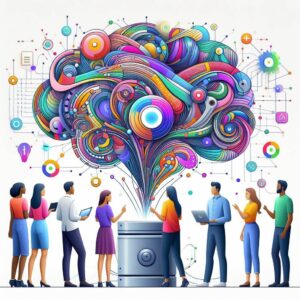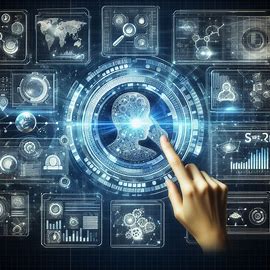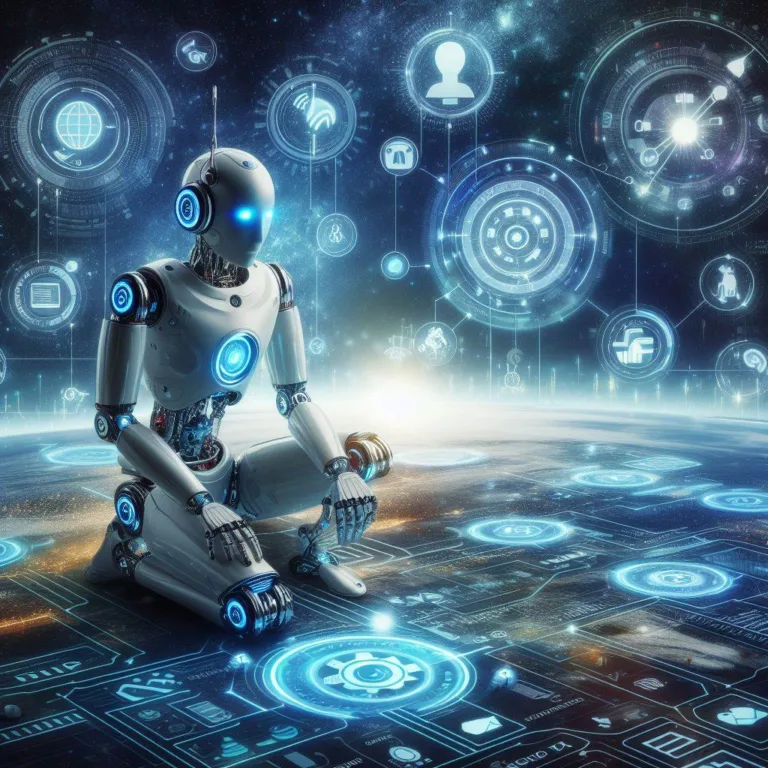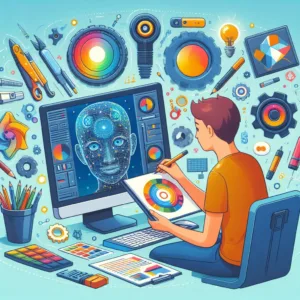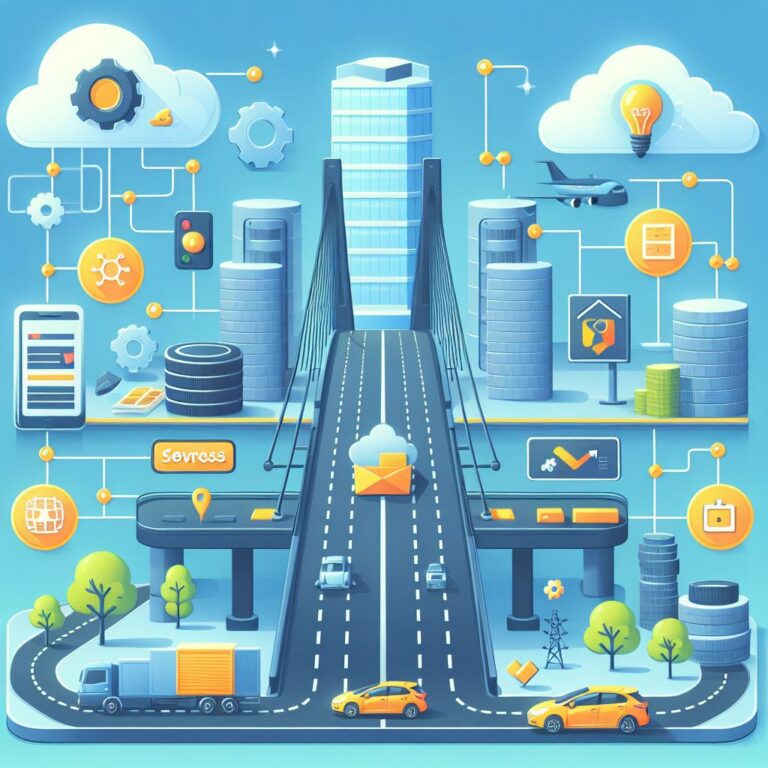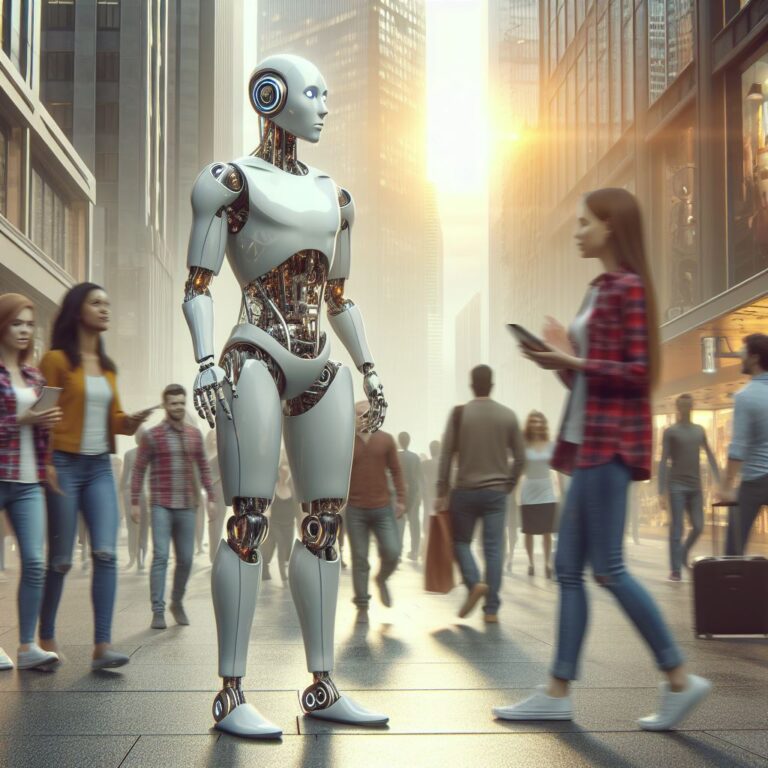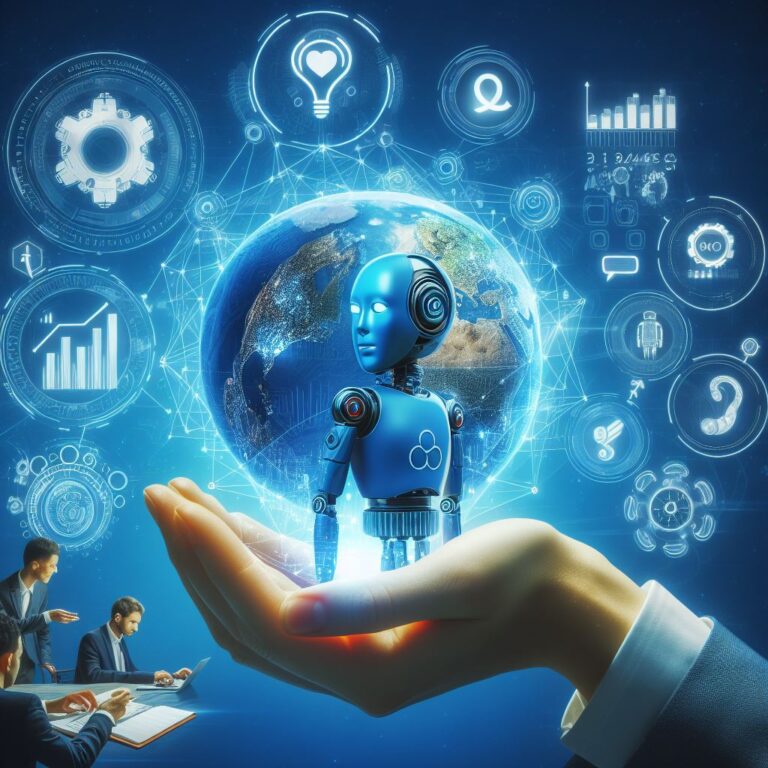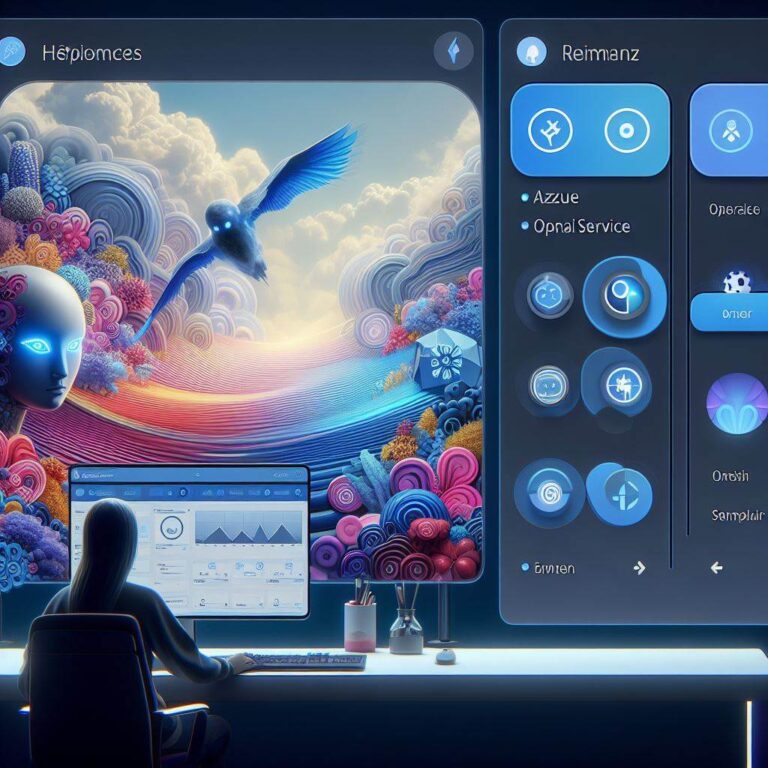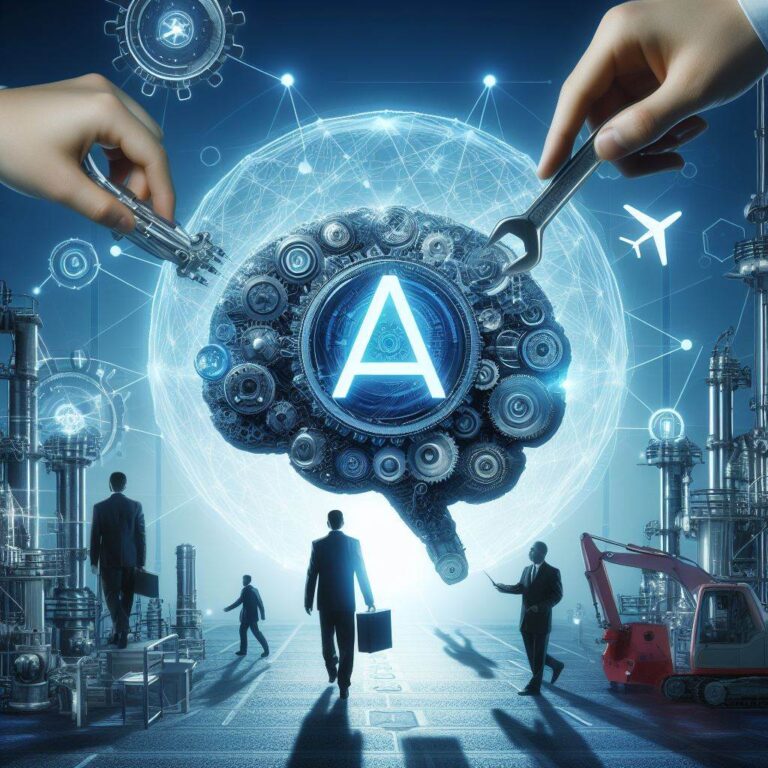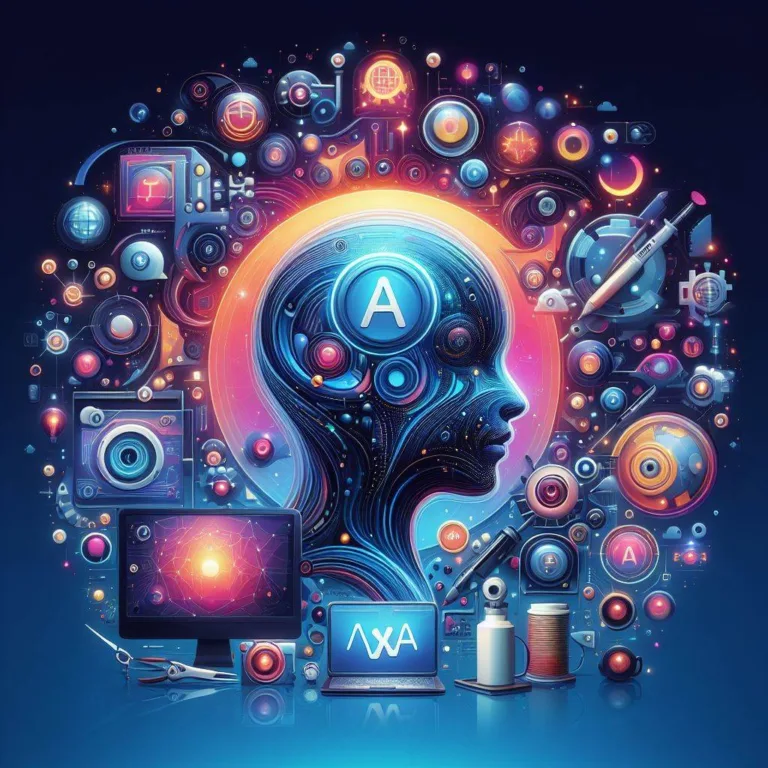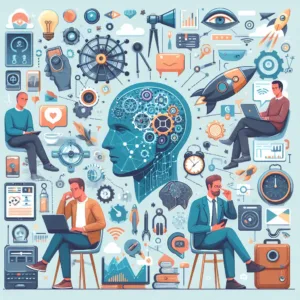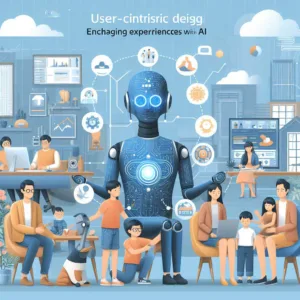In the digital era, Artificial Intelligence (AI) has become an indispensable part of our daily lives, reshaping industries and pushing the boundaries of what’s possible. This article seeks to explore the extensive evolution of AI, from its conceptual beginnings to its present state and future trajectories.
Defining Artificial Intelligence (AI)
AI is the emulation of human intelligence in machines, enabling them to perform tasks that typically require human cognition. It encompasses various subfields such as machine learning, natural language processing, and robotics.
Significance of AI in the Modern World
The importance of AI in today’s world cannot be overstated. It has revolutionized sectors ranging from healthcare and finance to transportation and entertainment, driving innovation and efficiency.
Objective of the Article
This article aims to provide readers with a holistic understanding of AI’s evolution, covering its origins, key milestones, current applications, challenges, and future prospects.
The Origins of AI
The roots of AI stretch back to ancient times, where philosophical inquiries into artificial beings laid the groundwork for modern-day developments.
Ancient Concepts and Modern Realizations
Civilizations throughout history, including the Greeks and Chinese, pondered the creation of artificial beings with human-like capabilities, foreshadowing contemporary AI endeavors.
Pioneers and Early Applications
The modern era of AI emerged in the mid-20th century, with pioneers like Alan Turing and John McCarthy paving the way for computational intelligence.
Major Advances in AI
The journey of AI has been marked by significant breakthroughs in algorithms, computing power, and data availability, driving its rapid advancement.
Key Milestones in AI Development
From early search algorithms to the advent of deep neural networks, AI has undergone transformative stages, propelling it into new realms of capability.
Technological Innovations Shaping Modern AI
Innovations such as backpropagation and the proliferation of big data have been instrumental in fueling the progression of AI, enabling unprecedented levels of complexity and functionality.
Domains of AI Application
AI’s impact extends across diverse domains, revolutionizing industries and enhancing human capabilities.
AI in Healthcare: Diagnostics, Drug Discovery, and Beyond
In healthcare, AI aids in medical diagnostics, drug discovery, personalized treatment plans, and the management of vast amounts of patient data.
AI in Transportation: Autonomous Vehicles and Route Optimization
The transportation sector benefits from AI through the development of autonomous vehicles, traffic management systems, and route optimization algorithms, enhancing safety and efficiency.
AI in Finance, Education, Security, and More
AI’s influence pervades finance, education, security, marketing, and numerous other fields, empowering decision-making processes and driving innovation.
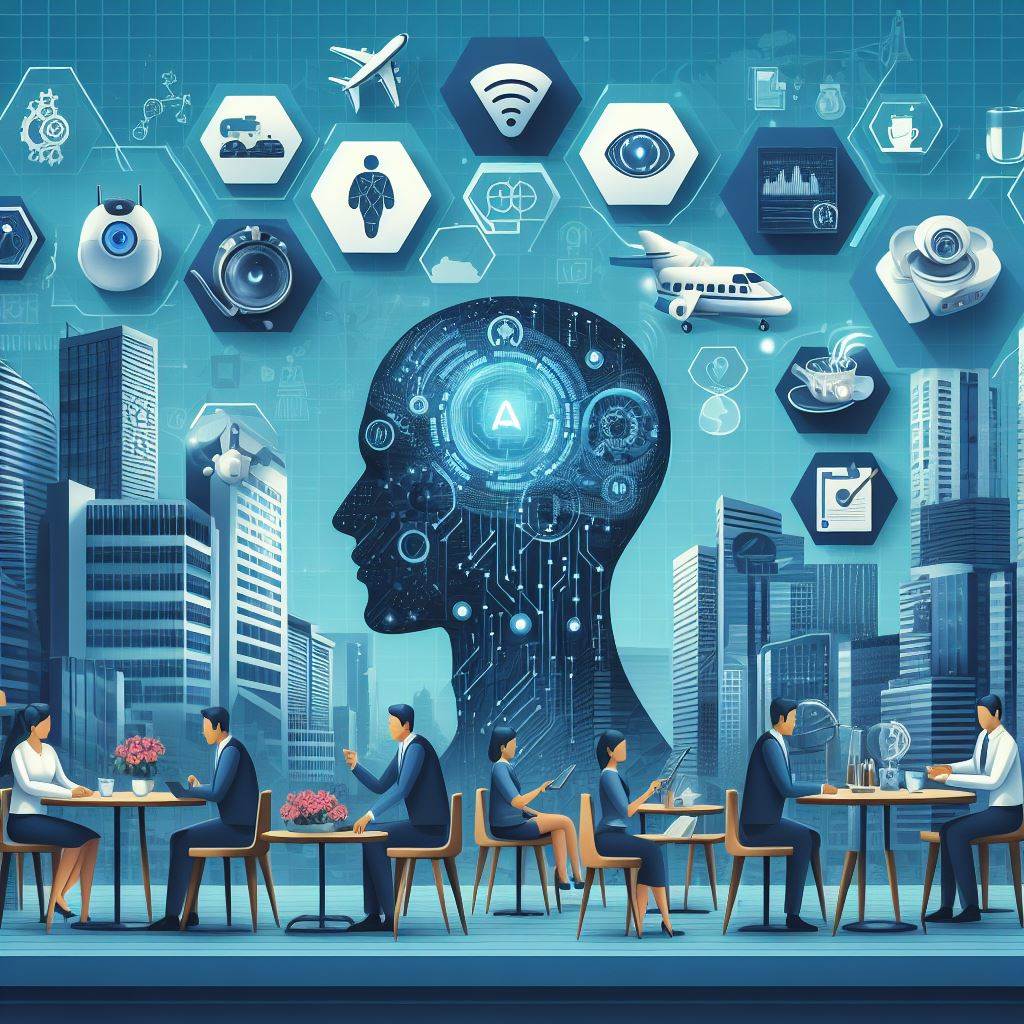
Challenges and Controversies
Despite its transformative potential, AI also poses significant challenges and ethical dilemmas that must be addressed.
Ethical Considerations in AI
Ethical concerns surrounding AI encompass issues such as data privacy, algorithmic bias, and the ethical implications of automated decision-making.
Social Implications of Automation
The automation of tasks and the potential displacement of jobs raise concerns about the socioeconomic impact of AI on employment and income distribution.
Current Trends
Current trends in AI reflect the widespread adoption of machine learning and deep learning techniques across various applications.
Rise of Machine Learning and Deep Learning
Machine learning and deep learning have experienced exponential growth, enabling AI systems to learn from vast datasets and make complex decisions with remarkable accuracy.
Integration of AI into Daily Life
AI is increasingly integrated into everyday life through virtual assistants, personalized recommendations, predictive analytics, and smart home devices, enhancing convenience and efficiency.
Future Perspectives
Looking ahead, the future of AI holds both promise and challenges as the technology continues to evolve.
Predictions for AI’s Future
Anticipated advancements in AI include breakthroughs in natural language processing, reinforcement learning, and the emergence of new applications in fields such as robotics and healthcare.
Navigating Opportunities and Challenges
As AI evolves, it is crucial to navigate the opportunities and challenges it presents, ensuring responsible deployment and harnessing its potential for positive societal impact.
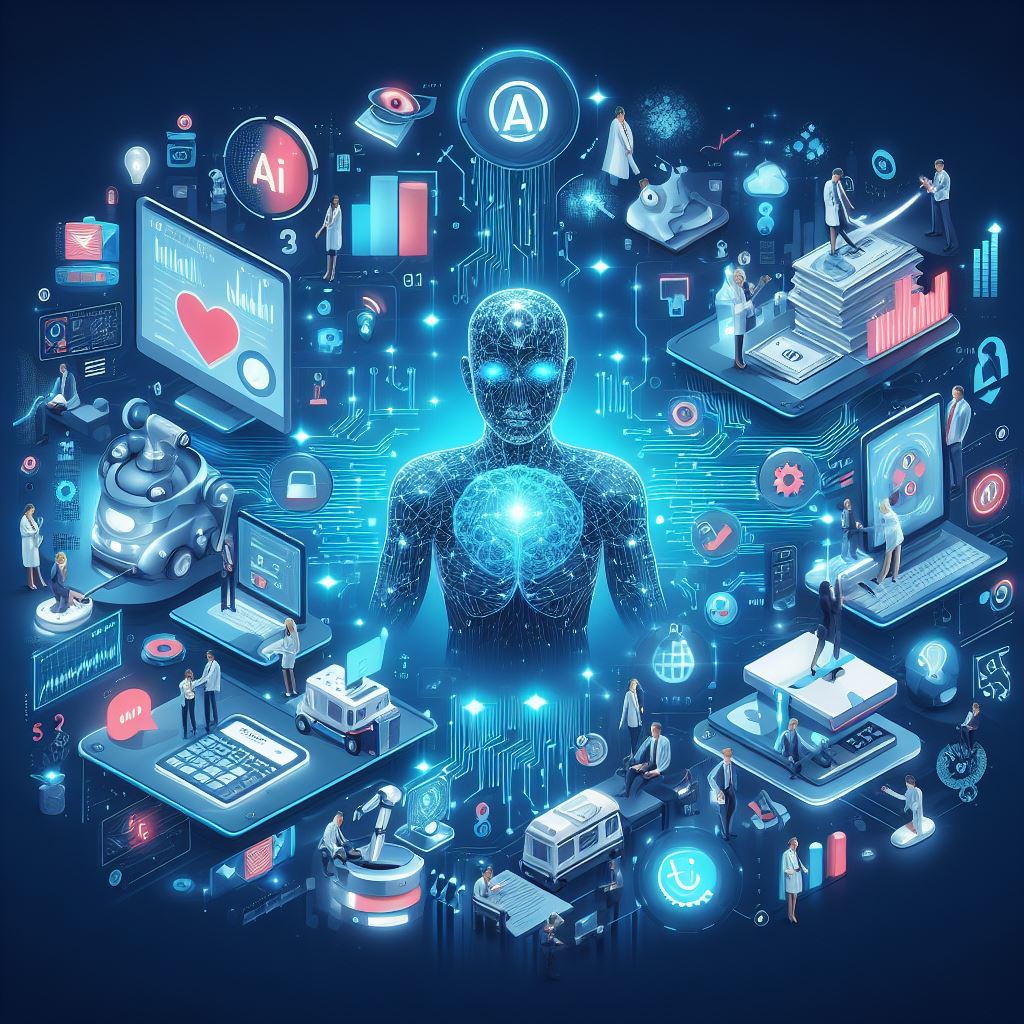
Conclusion
In conclusion, the evolution of AI has unfolded as a dynamic narrative of ingenuity, resilience, and paradigm shifts, impacting industries, societies, and individuals worldwide. From its humble beginnings to its current state of sophistication, AI has continually pushed the boundaries of what’s possible, revolutionizing how we work, communicate, and live. As we stand at the threshold of AI’s future, it is imperative to recognize the dual nature of its potential – as a powerful tool for progress and as a domain fraught with ethical complexities.
Moving forward, it is essential to approach AI development with a balanced perspective, acknowledging its immense capabilities while also remaining vigilant to mitigate potential risks and unintended consequences. Ethical considerations must remain at the forefront of AI research and deployment, ensuring that AI systems are designed and implemented in ways that prioritize fairness, transparency, and accountability.
Furthermore, fostering interdisciplinary collaboration and engaging diverse stakeholders will be crucial in shaping a future where AI serves as a force for good, driving innovation, fostering inclusivity, and addressing pressing societal challenges. By harnessing the transformative potential of AI responsibly and ethically, we can pave the way for a future where technology empowers and enriches the lives of all individuals, ensuring a more equitable and sustainable world for generations to come.
AI Resources and Insights
- AI Art Generator on Canva: Explore how to create art with AI on Canva.
- NVIDIA Startups: Discover opportunities for startups with NVIDIA.
- Konverge AI: Learn how Konverge AI can transform your business.
- Heygen Pricing: Check out Heygen’s pricing for AI solutions.
- DataCentric AI: Explore the latest AI trends on DataCentric AI.
- Google Cloud Conversational AI: Discover Google Cloud’s conversational AI solutions.
- Amazon Web Services (AWS): Explore Amazon Web Services’ AI services.
- Marketing AI Institute: Learn more about AI-powered marketing at the Marketing AI Institute.
- Harvard Business Review – AI Marketing Strategy: Read about designing an AI marketing strategy on Harvard Business Review.
- SAS – AI Marketing Future: Discover what the future holds for AI marketing on SAS.
- Sprout Social AI Marketing Tools: Explore AI marketing tools from Sprout Social.
- Pixlr Image Generator: Create unique images with Pixlr’s image generator.
- Creative Writing Prompts on AI UpTrend: Explore creative writing prompts powered by AI on AI UpTrend.
- AI Trends on AI UpTrend: Discover the latest AI trends on AI UpTrend.
- AI Insights on AI UpTrend: Explore the latest advancements in AI on AI UpTrend.
- AI Tools on AI UpTrend: Discover a variety of AI tools on AI UpTrend.
- AI Tutorials on AI UpTrend: Explore AI tutorials to deepen your knowledge on AI UpTrend.
Frequently Asked Questions (FAQs)
- What is Artificial Intelligence (AI)? Artificial Intelligence refers to the simulation of human intelligence in machines, enabling them to perform tasks that typically require human cognition.
- What are some key applications of AI? AI finds applications in diverse fields such as healthcare, transportation, finance, education, security, marketing, and more.
- What are the challenges associated with AI? Challenges related to AI include ethical considerations, algorithmic bias, job displacement, and concerns about data privacy and security.
- How is AI expected to evolve in the future? The future of AI is anticipated to witness advancements in areas such as natural language processing, reinforcement learning, and the integration of AI into various aspects of daily life.
- How can AI be responsibly deployed for societal benefit? Responsible deployment of AI entails considering ethical implications, fostering transparency, and collaborating across sectors to ensure that AI serves the broader interests of society.

